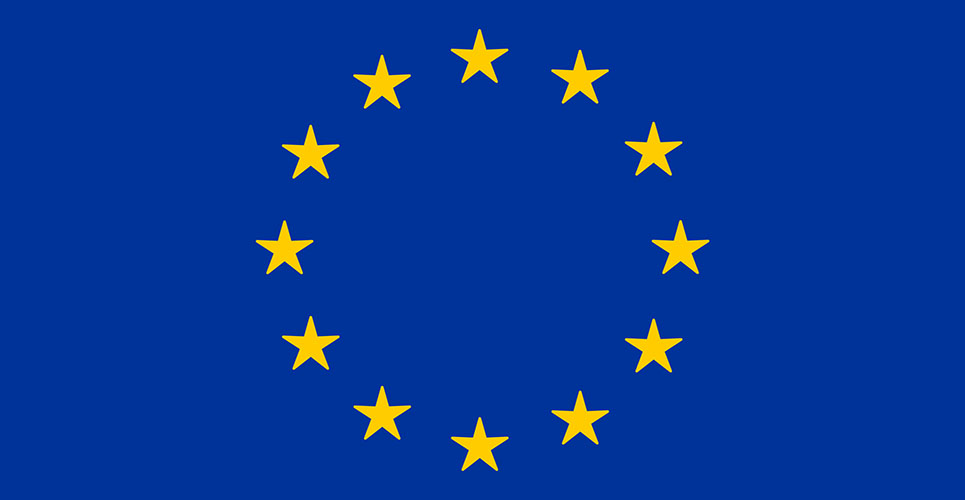teaser
The Internal Market Committee (IMCO) of the European Parliament has voted to allow Common Training Frameworks to be used for cross-border recognition of pharmacy and veterinary medicine specialties.
At its meeting on 23 January 2013, IMCO Members of the European Parliament (MEPs) agreed a series of compromise amendments to lift restrictions that would prevent post-graduate specialties of automatically recognised professions from forming a common training framework.
A common training framework is a proposal from the European Commission that would allow nine countries or more to form a voluntary arrangement similar in effect to mutual automatic recognition for a qualification. Benefits of the proposal include the fact that not every country in the EU would need to participate, and that the recognition can be based on an agreed competence framework rather than upon requirements for strict agreement on the duration period of a qualification.
However, under the Commission’s proposals of December 2011, there was an explicit restriction that the frameworks could not be used by any of the seven automatically recognised professions (such as pharmacy and veterinary medicine), including for the purposes of specialty recognition.
The new IMCO amendments lift these restrictions whilst also addressing the Commission’s concerns, by making clear existing recognised professions and specialties must not be affected by any new framework.
EAHP President Dr Roberto Frontini welcomed the Committee vote and said:
“I am delighted that MEPs of all political parties have seen the inherent sense in opening up the Common Training Framework to be used for the cross-border recognition of pharmacy specialties.
The whole purpose of the Directive on the Mutual Recognition of Professional Qualifications is to improve the labour mobility of professionals for the benefit of citizens, the European economy, and the operation of high quality health services that put patient safety first.
So when a very practical proposal comes along to assist qualification recognition, it is logical that it should also apply for unrecognised specialties of the automatically recognised professions.”
EBVS President Dr Peter O’Brien said:
“Whilst common sense has appeared to prevail in the European Parliament there is still more to do in persuading others, including national governments, before the process of reforming this Directive is complete.
EBVS and EAHP will continue to work with our partners in other professions, such as the European Union of Medical Specialists (UEMS), to ensure we achieve the best possible outcomes for specialty mobility in Europe.”

